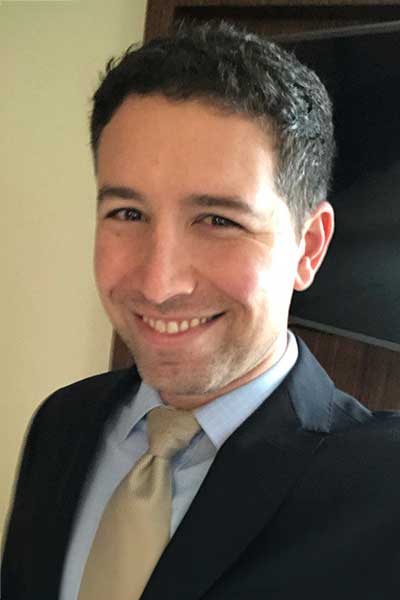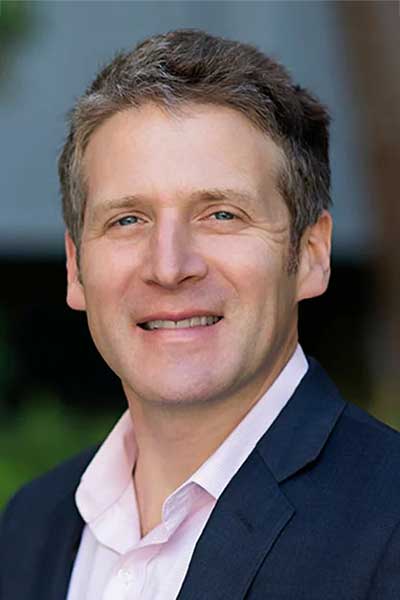As the ACR looks to develop its own medical education community of practice (CoP), the College is soliciting input from other professional organizations that have already implemented successful CoPs focused on medical educators.

During the Sunday, Nov. 12, session Building Community: Developing a Medical Education Community of Practice in Subspecialty Professional Societies, Sam Brondfield, MD, MA, of the American Society of Clinical Oncology (ASCO) and Brian Schwartz, MD, of the Infectious Diseases Society of America (ISDA), will share what this process has entailed at their organizations and how the CoPs function once established.
The session will begin at 9 a.m. PT in Room 5A–B of the San Diego Convention Center. It also will be available on demand within 24 hours of the live presentation for registered ACR Convergence 2023 participants.
In simple terms, a CoP is a group of people who have a shared interest, such as medical education, and band together to collaborate to improve this area of interest.
“In ASCO, we formed a medical education CoP for exactly that reason,” Dr. Brondfield said. “There were disparate individuals across the field of oncology who we knew were interested in medical education but didn’t have a community or a way to improve their knowledge or skills in that area. So, we wanted to create a home for them where they could find like-minded people within oncology interested in medical education and collaborate to find ways to develop professionally, improve knowledge and skills, and carve out a career path for themselves.”

ASCO’s 150-member medical education CoP has been a two-year work in progress that now has a leadership structure and multiple committees in place to address mentorship and scholarship, the CoP presence at ASCO’s annual meeting, and other priorities.
“One of the first steps we took, and still probably my favorite aspect of it, is our presence at the ASCO annual meeting,” Dr. Brondfield said. “I would definitely suggest that as a nice starting point for any group trying to do something similar. We spent much of the session just networking and chatting with each other to exchange ideas and contact information.”
He said rheumatology professionals at all career stages should be involved in the process, although individuals who are more established and connected within medical education may be in the best position to lead the charge for establishing this CoP.
“Certainly, this could be a useful session for people who feel less established and more junior folks who have an interest in medical education within rheumatology because this might inspire them to be involved in an effort like this and also be a nice forum for them to visualize and meet other people within their field who are interested in similar things.”
The session will include small group discussion to allow participants the opportunity to share ideas for an ACR medical education CoP, focusing on vision and goals.

Registered ACR Convergence 2024 Participants:
Watch the Replay
Select ACR Convergence 2024 scientific sessions are available to registered participants for on-demand viewing through October 10, 2025. Log in to the meeting website to continue your ACR Convergence experience.
